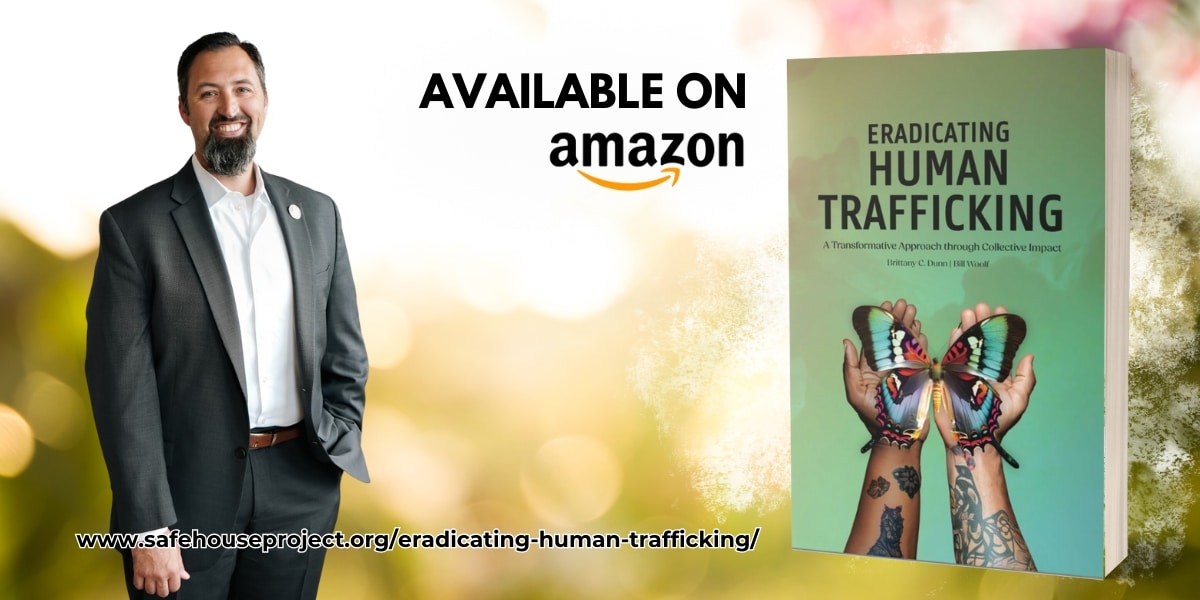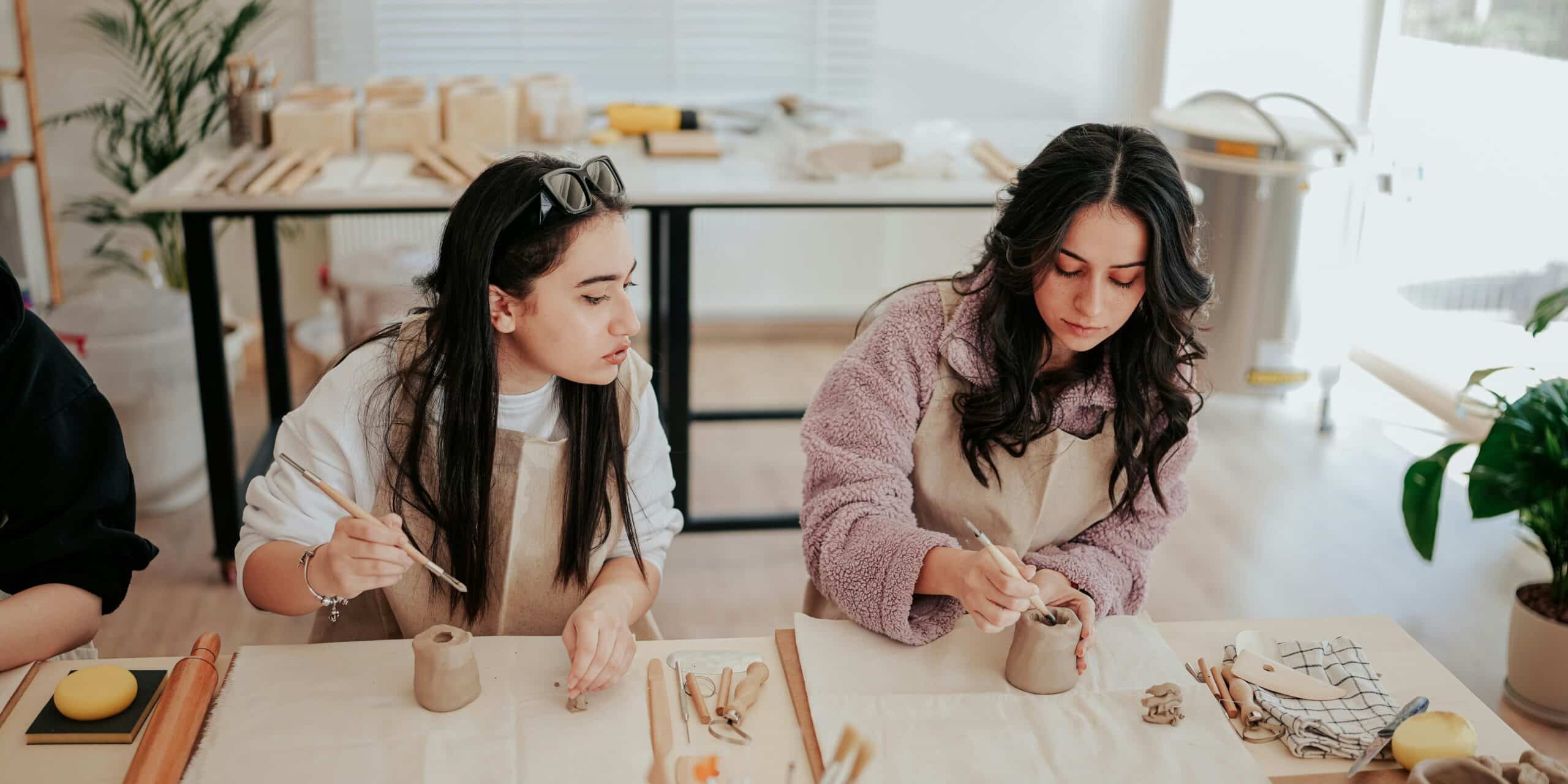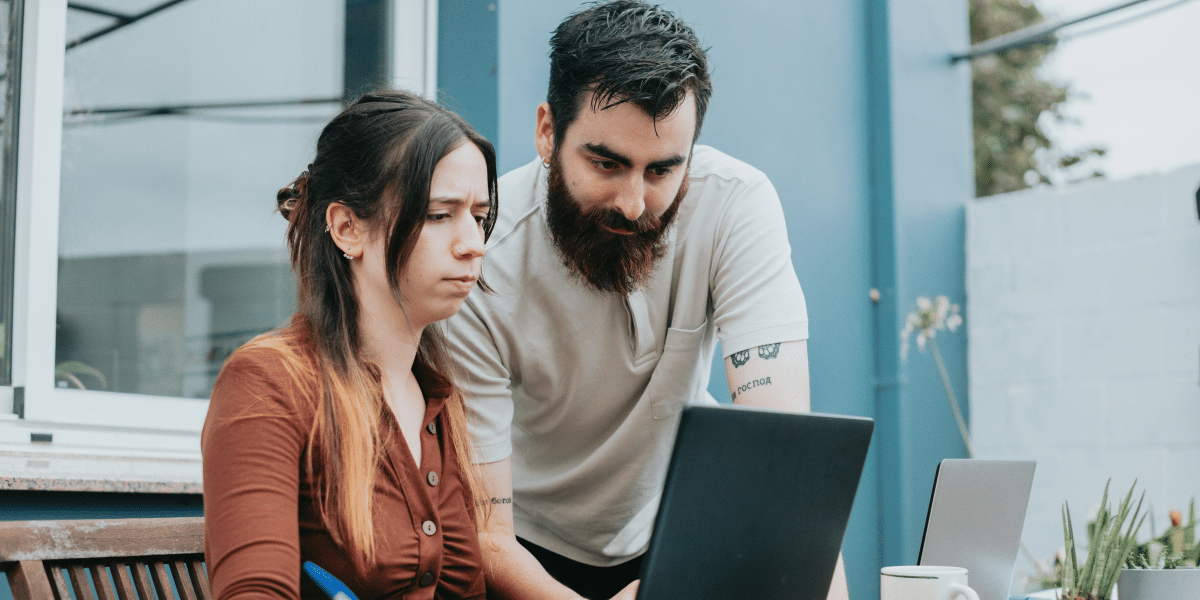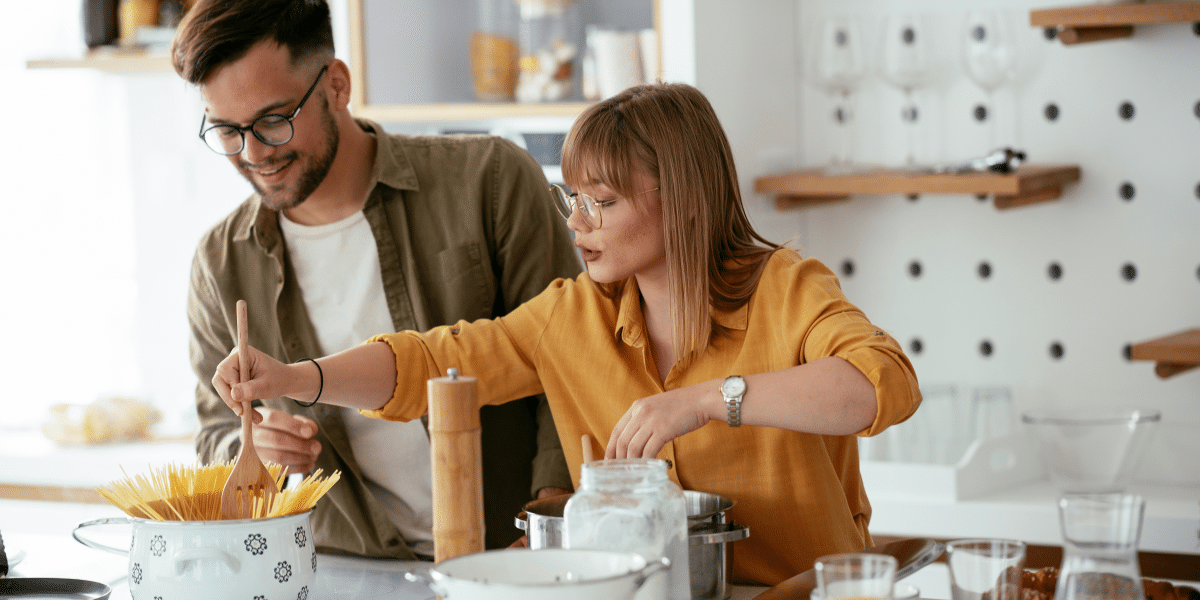By: Overnight Publicity
The data indicates a significant rise in reports of domestic violence globally, with notable increases in emergency calls from women experiencing violence from partners during the pandemic. This trend aligns with the challenging circumstances posed by economic strain, job losses, heightened alcohol consumption, and reduced access to support networks.
For victims, the usual escape routes and safety nets have vanished. Schools, workplaces, and social gatherings – once respite from abuse and opportunities for others to notice signs of distress – are no longer accessible. Healthcare providers, often the first to identify signs of abuse, are overwhelmed with virus-related cases. The result is a horrifying reality where victims are trapped 24/7 with their abusers, with little hope of reprieve or rescue.
The psychological toll is immense. Imagine living in constant fear, walking on eggshells, never knowing when the next outburst of violence might occur. Every cough, every news report about rising unemployment, every government announcement about extended lockdowns becomes a potential trigger for abuse. The stress is relentless and corrosive to both mental and physical health.
Children, too, bear the brunt of this crisis. Witnessing violence between parents or experiencing abuse directly can leave lasting scars. With schools closed and extracurricular activities canceled, there are fewer opportunities for teachers, coaches, or counselors to spot signs of trouble and intervene.
But amidst this grim reality, it’s crucial to remember that hope exists. Violence may seem inevitable in the pressure cooker of lockdown, but it is always a choice made by the abuser. And where there is choice, there is the possibility for change.
If you’re suffering from domestic violence, know this: you are not alone. Your pain is seen, your struggle is valid, and you deserve safety and peace. The first step is often the hardest – reaching out for help. But it’s also the crucial. Hotlines staffed by trained professionals are available 24/7, ready to listen without judgment and guide on creating safety plans.
For those worried about a friend, family member, or neighbor who might be experiencing abuse, your role is vital. Stay connected, even if it’s just through texts or social media. Create opportunities for private conversations where they might feel safe opening up. Learn to recognize the signs of abuse, which can be subtle: sudden changes in behavior, unexplained injuries, or a partner who seems overly controlling.
Communities, too, have a part to play. Neighbors can be vigilant, listening for signs of distress and calling authorities if they suspect violence. Local organizations can adapt their services, offering online support groups or discreet ways to seek help that don’t require leaving home.
For those able to leave their abusive situations, the path forward isn’t easy, especially during a pandemic. But resources exist. Many shelters have implemented COVID-19 safety protocols to continue providing safe havens. Legal aid organizations are offering remote consultations to help with protective orders and custody issues.
Recovery from abuse is a journey, not a destination. It requires rebuilding self-esteem, processing trauma, and learning to trust again. But with support, healing is possible. Many survivors go on to live fulfilling lives, free from violence and fear.
As we navigate this unprecedented time, let’s not forget those for whom staying home doesn’t mean staying safe. Check on your friends, be aware of your neighbors, and if you suspect someone is in danger, don’t hesitate to reach out or report it. Your action could save a life.
Remember, domestic violence thrives in silence and isolation. By speaking up, reaching out, and supporting one another, we can break that silence. No one should have to endure abuse, pandemic or not. There is help, there is hope, and there is a way out.
If you or someone you know is experiencing domestic violence, don’t wait – act now. Call a hotline, reach out to a trusted friend, or contact local authorities. Your safety matters, your life has value, and you deserve to be free from abuse. Take that first brave step towards freedom today. Help is waiting, and a safer future is possible.
Published by: Holy Minoza













